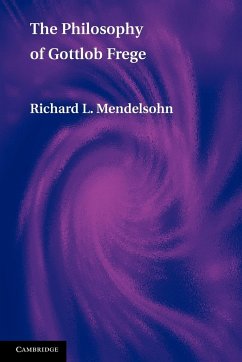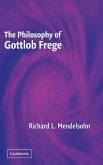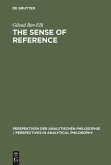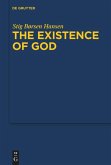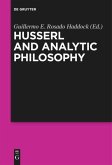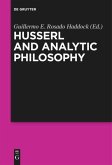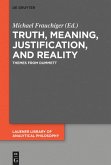This analysis of Frege's views on language and metaphysics in On Sense and Reference, arguably one of the most important philosophical essays of the past hundred years, provides a thorough introduction to the function/argument analysis and applies Frege's technique to the central notions of predication, identity, existence and truth. Of particular interest is the analysis of the Paradox of Identity and a discussion of three solutions: the little-known Begriffsschrift solution, the sense/reference solution, and Russell's 'On Denoting' solution. Russell's views wend their way through the work, serving as a foil to Frege. Appendices give the proofs of the first 68 propositions of Begriffsschrift in modern notation. This book will be of interest to students and professionals in philosophy and linguistics.
'This book is a welcome addition to the current literature on Frege, in particular, and on the philosophy of language in general. It will set the agenda on some topics for some time to come and will bring new life to specific issues which have been widely discussed in the last 20 years.' Eros Corazza, University of NottinghamThis book is a welcome addition to the current literature on Frege, in particular, and on the philosophy of language in general. It will set the agenda on some topics for some time to come and will bring new life to specific issues which have been widely discussed in the last 20 years.' Eros Corazza, University of Nottingham
This book is a welcome addition to the current literature on Frege, in particular, and on the philosophy of language in general. It will set the agenda on some topics for some time to come and will bring new life to specific issues which have been widely discussed in the last 20 years.' Eros Corazza, University of Nottingham

